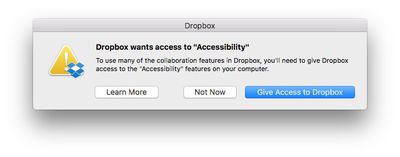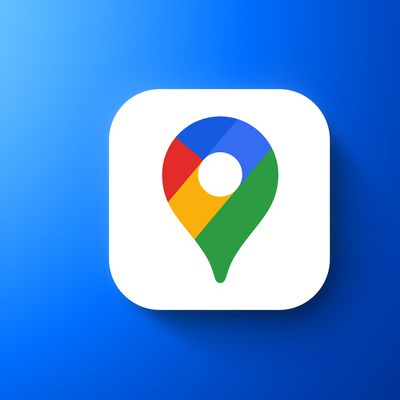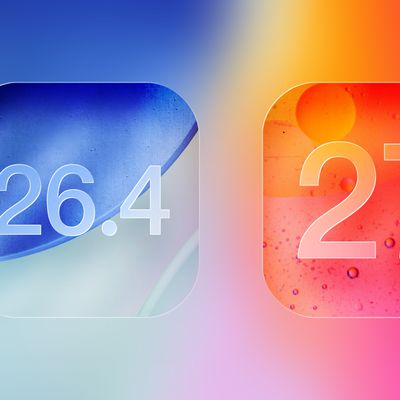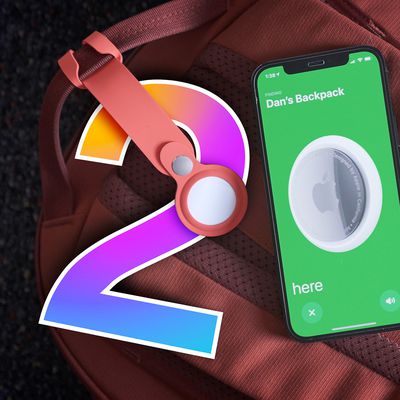Following Dropbox-related security concerns that surfaced earlier this month, developer Phil Stokes has confirmed that macOS Sierra now explicitly requires apps to ask for user permission to access Accessibility (via Daring Fireball). Users can give access to an app, or click "not now" to deny the request.

Concerns were raised after it was demonstrated that Dropbox appears in System Preferences > Security & Privacy under Accessibility, despite the fact that users were never prompted to grant access to the features. More details can be found in our previous coverage and in a Dropbox support document.
Let’s assume for the sake of argument that Dropbox never does any evil on your computer. It remains the fact that the Dropbox process has that ability. And that means, if Dropbox itself has a bug in it, it’s possible an attacker could take control of your computer by hijacking flaws in Dropbox’s code. Of course, that’s entirely theoretical, but all security risks are until someone exploits them. The essence of good computer security and indeed the very reason why OSX has these kinds of safeguards in place to begin with is that apps should not have permissions greater than those that they need to do their job.
At the time, Dropbox said it was working with Apple to reduce its dependence on elevated access in macOS Sierra, and would respect when people disable the app's Accessibility permissions, but now a much-needed safeguard exists regardless.
In a new blog post, Dropbox still recommends that Mac users running macOS Sierra update their Accessibility permissions, if needed, to ensure smooth syncing and access to certain features of the cloud storage service.
Advanced Dropbox collaboration features, such as the badge, require Accessibility permissions. You’ll be prompted to grant these permissions when you install the Dropbox desktop app on macOS Sierra. To do so, follow the instructions on screen. The same will apply for older versions of OS X in the coming weeks. For more information on Dropbox Mac permissions, visit our help center.
macOS Sierra was publicly released today as a free update on the Mac App Store.

























Top Rated Comments
I'll regret the day that I might not care about this any longer, that I'm willingly stop using my brains and surrender myself entirely to commercial exploitation and accept that I've become a slave for a company by providing them personal information about myself and by agreeing that "to think yourself" is something one should not do. For the same reason I don't make use of facebook, delete apps that requires a facebook and/or a Google account and doesn't enable me to login besides these options.
I grew up in the world where the internet became big. And I'm really became fascinated with the phenomenon called the internet. And I should because it delivers also so much good. But I've never been able to understand why people willingly give away all of their private information, especially knowing that there is no such thing as: 'I've nothing to hide'
It also replicates behaviour in iOS. If you deny an app permission to send you notifications or have access to your location the app still appears in the relevent settings so you can subsequently enable the permissions later if you so choose without having to delete and reinstall the app.
So it's entirely appropriate and normal that OS X puts it there.
My response was to remove Dropbox from my computer.
[doublepost=1474429813][/doublepost]This is really interesting. Who would have thought MacOS could be circumvented like this? I certainly didn't. Yep post those permission warnings just like iOS vigilantly does.